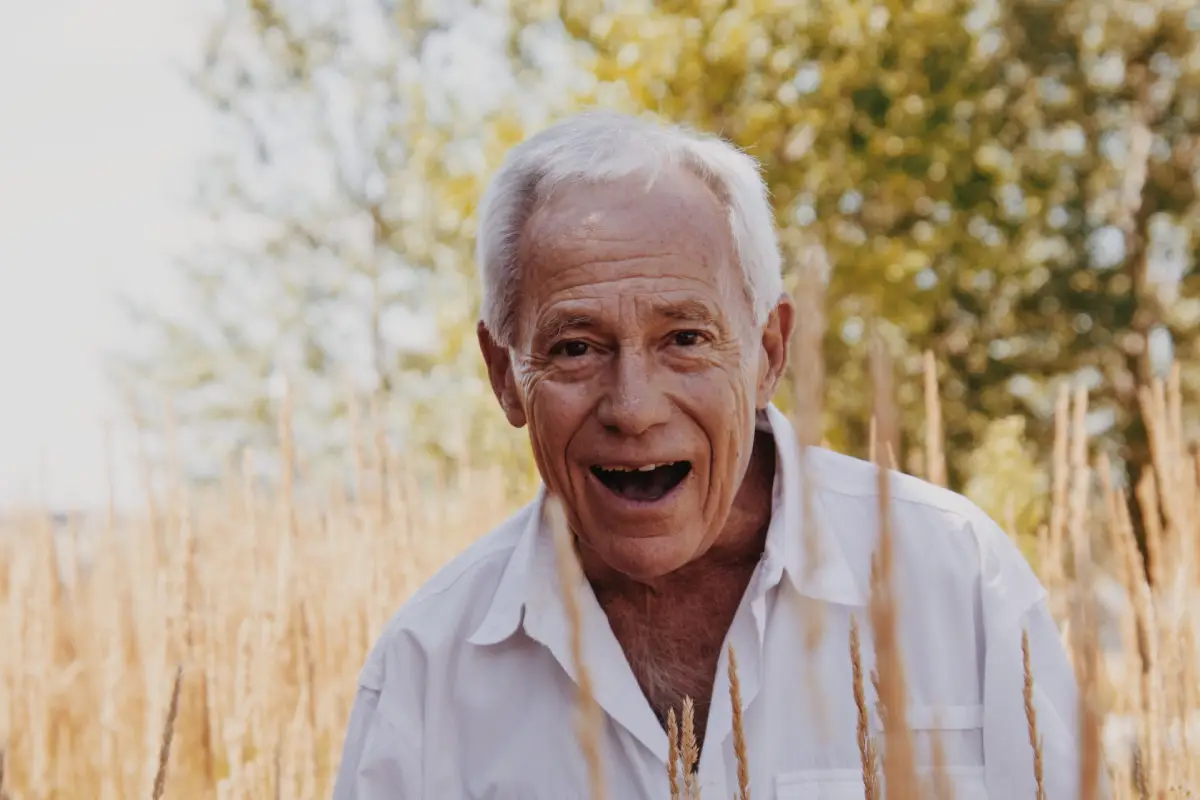Taking good care of your teeth and gums is important at any age. As people get older, however, oral hygiene becomes even more important. Data from the National Institute of Dental and Craniofacial Research revealed that 17 percent of individuals aged 65 and above have periodontal disease, an oral infection of the structures around the teeth.
If you’re about to enter your golden years, you need to value dental care more than ever. Here are a few oral care tips that you should keep in mind:
Visit the Dentist Regularly
Regular visits to the dentists are vital for senior oral health. Infrequent visits — or worse, no visits at all — can allow dental issues to worsen and become severe. You, therefore, should visit your dentist for checkups and cleanings at least twice a year or as directed by your doctor.
Your dentist will discuss the type of care necessary for your teeth. Your dentist will also diagnose and treat oral conditions early on before they turn into serious health problems.
Brush and Floss Your Teeth Appropriately
Brushing and flossing your teeth twice a day are two basics that remain important regardless of your age. When you’re in your golden years, however, you may need to do some adjustments to your oral hygiene routine.
Your gums and teeth in your old age require a gentler approach. This means that you can’t expect to follow the same brushing and flossing approach as you always have. Here are a few recommendations for older adults:
- Floss after every meal. Plaque tends to accumulate more quickly on older teeth. Flossing consistently, therefore, is crucial to stopping plaque on its tracks. As much as possible, grab that dental floss and clean your teeth after breakfast, lunch and dinner.
- Use a toothbrush with soft bristles. This way, you won’t damage sensitive gum tissue and wear away your tooth enamel.
- Be gentle when you are brushing your teeth and gums. Refrain from taking a heavy-handed approach. Use slow, circular movements instead when cleaning your mouth.
- Consider ditching your traditional brush for an electric toothbrush. This type of brush is easy to hold, which is especially helpful if you’re facing joint pain or arthritis. What’s more, this oral hygiene gadget will do a much better job cleaning the hard-to-reach areas in your mouth.
Supplement Your Brushing and Flossing Routine with Mouthwash
Using an antibacterial or antiseptic mouthwash at least once a day is a great way to supplement your daily dental hygiene routine. You can gargle with mouthwash after you’ve finished brushing and flossing your teeth.
When shopping for this oral product, make sure that you buy alcohol-free mouthwash, which is available in many pharmacies. This type of mouthwash is less aggressive in terms of taste and is effective in helping you maintain good oral health.

Drink Plenty of Water (and Skip the Sugary Drinks)
When you’re feeling thirsty and looking for a beverage in the fridge, choose water. Refrain from drinking sodas, fruit juices and other beverages with high sugar content. Consuming too many of these beverages will create cavities, destroy the enamel in your teeth and increase the acidity in your mouth. All these will lead to tooth loss.
So, drink water whenever you’re feeling parched. Water naturally deters dry mouth. What’s more, this beverage will rinse away food particles stuck in your teeth and dilute the acids inside your mouth.
Take Good Care of Your Dentures
If you are wearing complete or partial dentures, you’ll need to care for them by cleaning them every day. Tartar and plaque can accumulate on your false teeth just like they would on natural teeth. Without proper care, you could end up with periodontal disease.
Cleaning your dentures is easy. Remove your false teeth, then clean the gums using a soft-bristled toothbrush. Next, soak your dentures in a cleaning solution suggested by your dentist. By soaking your dentures in a cleaner, you can easily dislodge tartar and plaque when you clean your false teeth.
Take Calcium Supplements
Calcium plays an important role in the oral health of seniors. The elderly are susceptible to osteoporosis, a serious health problem that can break down the bones around the teeth. You can combat osteoporosis and keep your teeth as healthy and strong as possible by bumping up your calcium intake.
Maintain a Balanced Diet
Proper nutrition will keep your teeth and gums healthy. When planning your diet, stick to healthy foods, such as vegetables and non-acidic fruits. Also, make sure that you obtain sufficient lean protein and keep your consumption of sugary foods to a minimum.
Seniors should take their oral health seriously. Keeping your teeth and gums healthy will allow you to maintain a good quality of life during your golden years.
